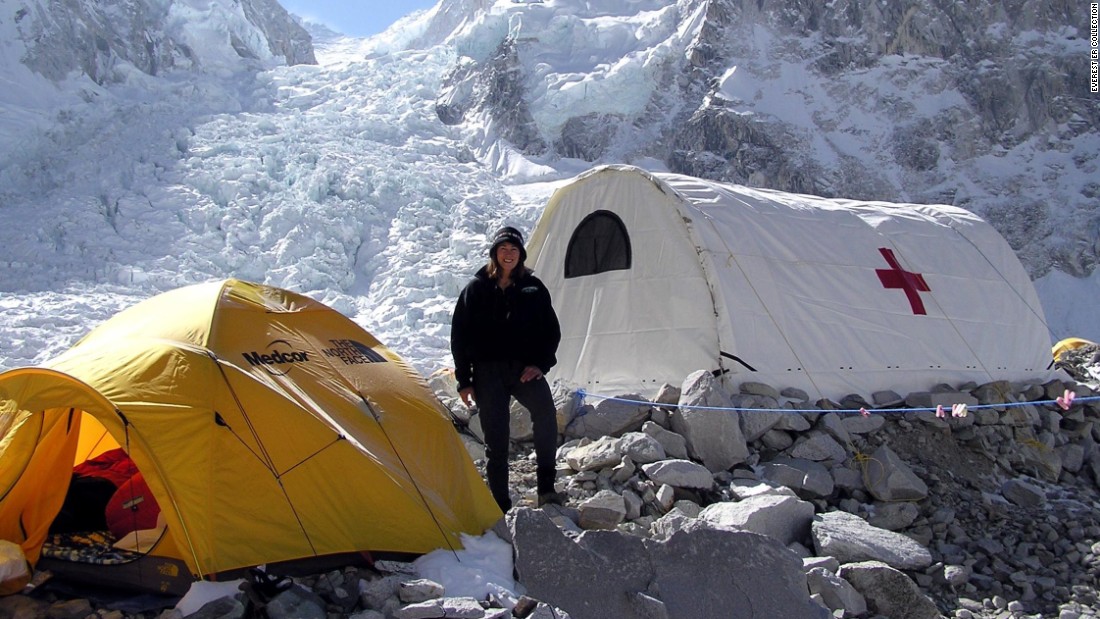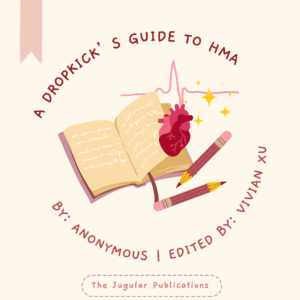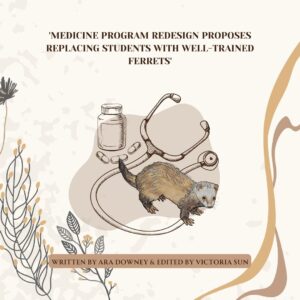
Image: An emergency medic on Mount Everest (© CNN)
By Thulashigan Sreeharan; Edited by Katerina Theocharous
When we picture where our medical careers will take us, we often see ourselves sequestered in an operating room, hospital ward or private clinic. Perhaps that’s why my ears prick up whenever I hear amazing stories of medics who work with isolated tribes in the jungles of Costa Rica, or who provide free surgeries on hospital ships along the African coast.
“Jeez…” I think to myself, “How did they get to do that?!”
We often fail to realise the universal need for healers, whether it be around our homes, on mountains, or even in space. Doctors have the incredible privilege of being summoned to the frontiers of human exploration. Expedition medics, as we call them, are intrepid and thrill-seeking. If you think this might be for you, check the guide below!
What is expedition medicine?
Expedition medicine, also known as wilderness medicine, is an emerging field where doctors provide vital emergency healthcare in remote or inhospitable environments.
Meet Andrew Peacock – an expedition medic!
Andrew is an ER doctor from Brisbane. He’s always been interested in photography and travel, but his pursuit of expedition medicine began quite late, when he took up rock-climbing and mountaineering at age 26. “At that point,” he says in a Lonely Planet interview, “I started to look for ways to combine my medical skill set with the pursuit of adventurous outdoor activities, and volunteered to work in the mountains of Nepal and India as a first step.”
As part of his work, Andrew has also climbed Kilimanjaro, camped in Antarctica, and slept on a rock ledge off the Bugaboo Mountains in Canada, which he says was “the most beautiful place [he’s] ever woken up to”.
(© Andrew Peacock / footloosefotography.com)
Whilst his job certainly involves handling emergencies in adverse conditions, Andrew highlights that most of expedition medicine is actually about “preparation and prevention… keeping an eye out… and mentally noting… what [patients] need to do to stay well.” The main challenges are to manage the limited resources and safely evacuate sick expeditioners. Remaining calm and treating anxiety in the face of danger are also crucial.
On the other hand, Andrew says the best parts of his job are meeting new people, exploring rugged terrains, and switching off from the daily humdrum back home. His travels have taught him the importance of self-reliance and acceptance in situations beyond our control (something that would help through COVID-19 lockdowns!). He admits that expeditions can become boring, homesickness does sink in, and you will miss the simple luxuries. Yet it remains a wonderful opportunity to explore life off the beaten track.
Read more about Andrew’s experience: https://www.lonelyplanet.com/articles/expedition-doctor-interview
How do I become involved in expedition medicine?
The field is highly competitive and not for everyone! Moreover, universities provide only limited opportunities to explore this career pathway. Therefore, you can get ahead by:
- Joining wilderness medicine student societies and attending conferences (see the link below!)
- Getting outdoor qualifications in valuable skills like rock-climbing or camping.
- Using your elective term to get relevant experience. This could be anything from ski-field medicine to retrieval medicine placements, or work in resource-poor countries and isolated communities.
To apply for expeditions as a doctor, you will need a medical registration from the Medical Board of Australia. All job-related training is provided for successful applicants.
Find out more: https://wmss.org.au/wilderness-courses/
What lies in the future?
With plans to colonise Mars in coming years, the future for expedition medics seems bright. They face many unknowns, such as the effects of prolonged radiation exposure to the body and even the logistics of surgery in microgravity. There has never been a better opportunity for medical students to explore this exciting, and increasingly relevant, frontier of medicine.













































































































